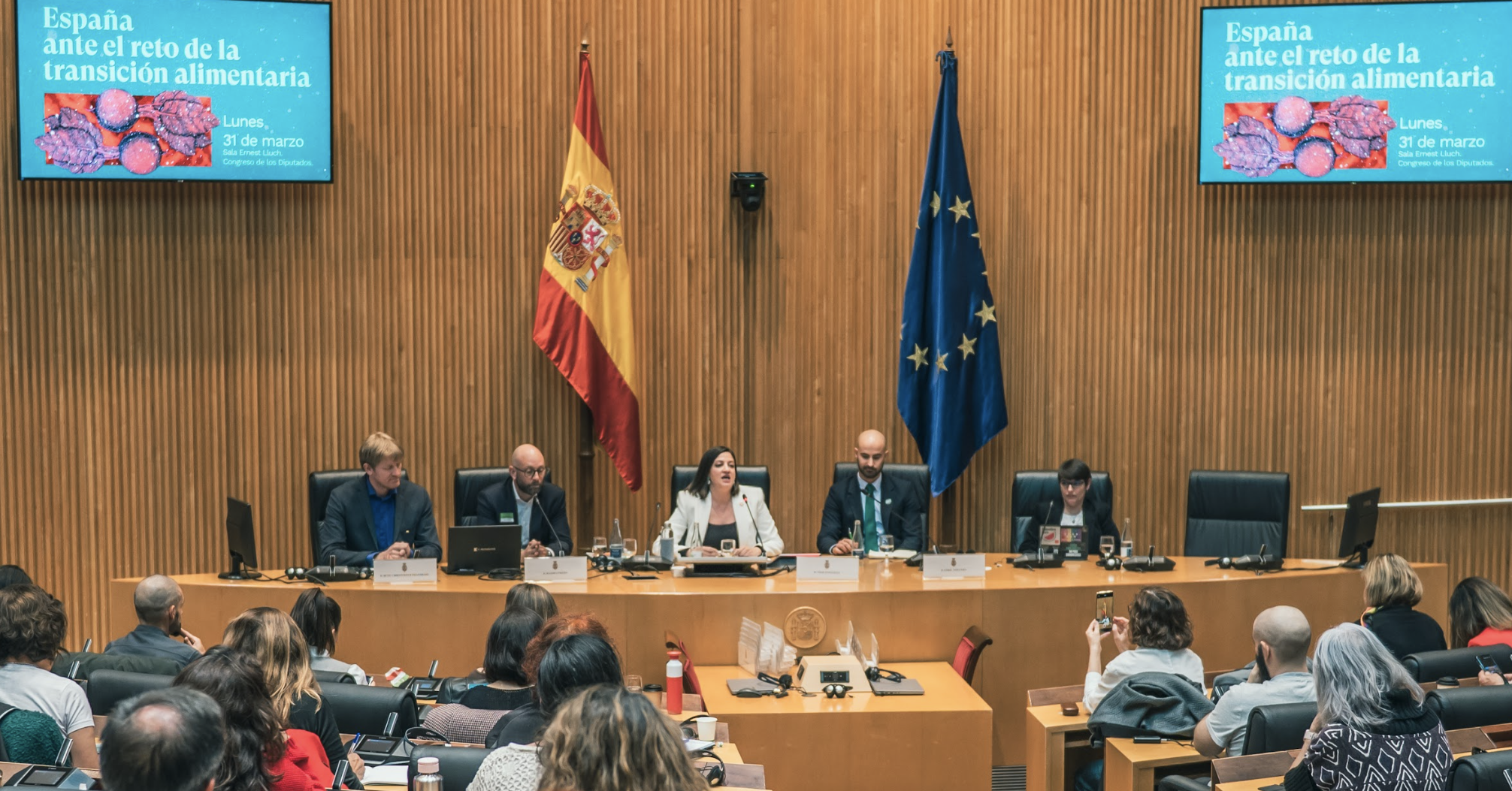AI is advancing incredibly fast. We might see AI systems that are better than most humans at many tasks within a few years. This would change things drastically for animals in factory farms, in the wild, and beyond… and therefore animal advocates’ strategies should change, too.
In this post, I argue:
1. Based on recent trends in AI capabilities and advances in training techniques, truly transformative AI could arrive soon, e.g. by 2030.
2. This matters for animal advocates (if you agree it could arrive soon), because transformative AI will change the game for animals—for better or worse.
3. Animal advocates might reasonably:
1. Optimise harder for immediate results (not results in e.g. 5+ years’ time)
2. Predict how AI will change things, and try to make that go well for animals
3. Try to increase the concern that AIs or their controllers show for animals
4. Focus on building capacity to prepare for TAI
5. Shift to AI welfare, to protect potential sentient AIs from suffering
6. Shift towards all-inclusive AI safety
But this is not something that animal advocates can afford to just ignore. You can change your own strategies and next steps in the light of this.
This post is intended as a bit of a wake up call. For more measured, sensible posts, see here and here instead.
Written in a personal capacity; I’m not speaking for the views of others at the organisations I work at. Initially prepared as an impromptu talk at the AI, Animals, & Digital Minds unconference. Thanks to Amber Ace for doing much of the writing. Thanks to Lizka Vaintrob, Engin Arıkan, Constance Li, Max Taylor, Neil Dullaghan, Kevin Xia, Lauren Mee, Renata Scarellis, James Ozden, Michael St Jules, and Ben West for feedback and comments on the draft. All mistakes are my own.
Transformative AI may arrive soon
'Transformative AI' (TAI) refers to AI that is so broadly skilled that its use would drastically alter global economic, political, and social structures, potentiall



